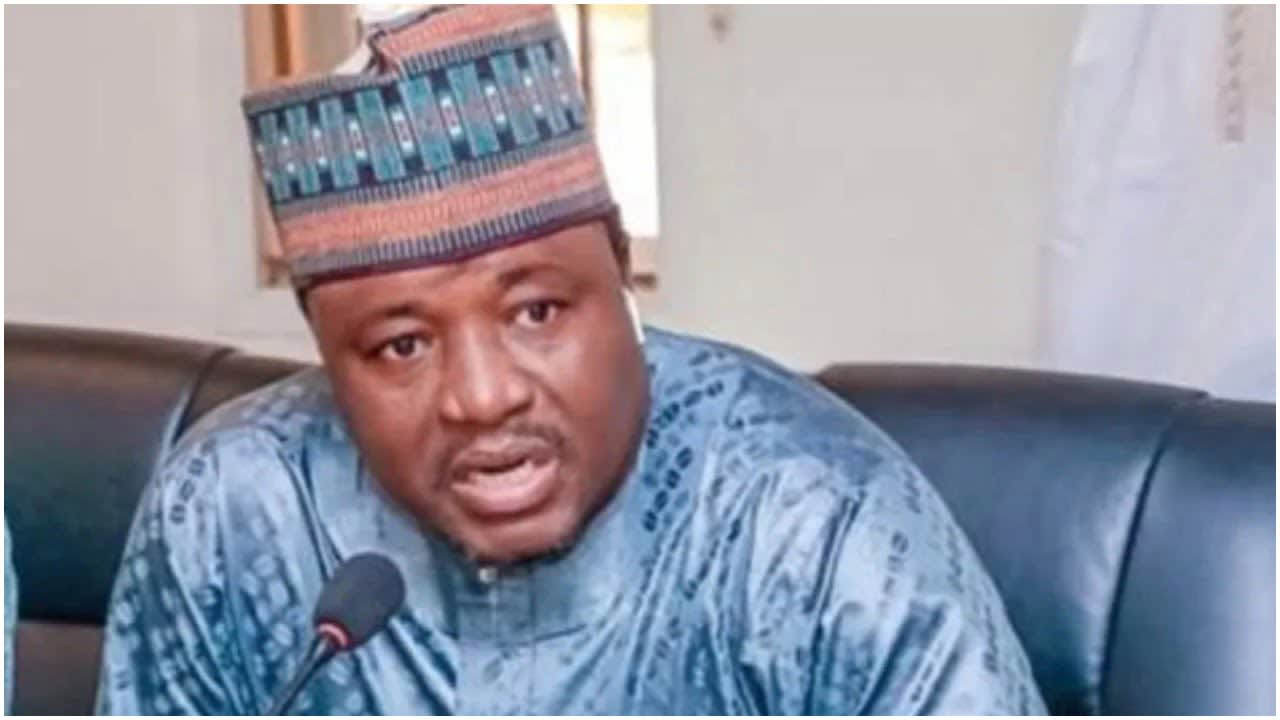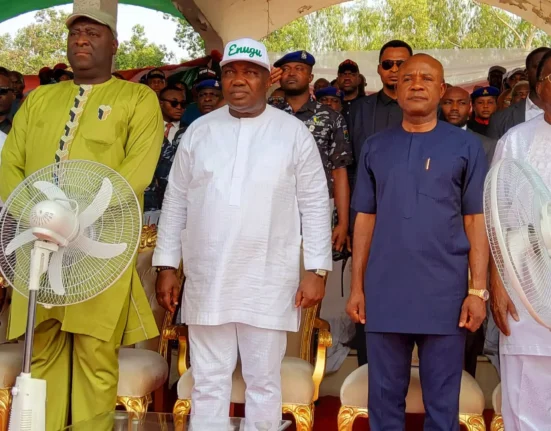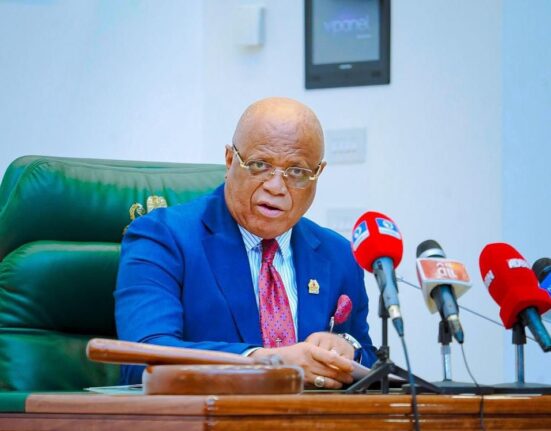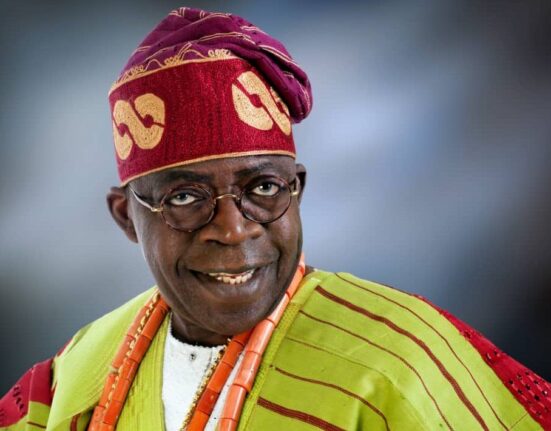As the clock ticks closer to the end of Professor Mahmood Yakubu’s tenure as Chairman of the Independent National Electoral Commission (INEC), a wave of concern and objection has swept through pro-democracy activists. The looming issue? President Bola Tinubu’s proposed unilateral appointment of Yakubu’s successor ahead of the crucial 2027 general elections.
In a recent gathering in Abuja, two influential organizations, the Women Rights Advancement and Protection Alternative (WRAPA) along with the African Center for Leadership, Strategy and Development (CENTRE LSD), made their voices heard crystal clear. Presenting a policy brief and memorandum at an event, these activists articulated their apprehensions about the potential consequences of allowing the president to single-handedly handpick the head of INEC.
“The current appointment process undermines INEC’s autonomy, paving the way for conflicts of interest,”
remarked one of the activists during the session. They advocated for a structural shift towards a more transparent and impartial selection mechanism by suggesting the establishment of an independent panel responsible for vetting and nominating qualified candidates for leadership positions within INEC.
Dr. Austin Aigbe, spearheading this call for change, emphasized that entrusting such a pivotal decision solely to the President poses significant risks.
“Transparency is key in ensuring that political interference doesn’t taint INEC’s credibility and independence,”
he stressed during his presentation at the event.
Highlighting constitutional contradictions between granting appointment powers to the President while mandating INEC to uphold electoral integrity, Dr. Aigbe pressed for amendments aimed at formalizing an independent panel’s role in candidate selection processes. By drawing parallels with international models followed by countries like Kenya, India, or South Africa where neutral bodies oversee electoral appointments, he underlined Nigeria’s urgent need to adopt similar best practices.
Furthermore, integrating cutting-edge electronic voting technologies like BVAS was also discussed as a means to boost voter engagement and streamline election procedures efficiently. Dr. Iroro Stephen Izu from Baze University echoed this sentiment by stressing on critical aspects such as electoral reforms, enhanced transparency measures, voter education drives, and reliable voting infrastructure essential for credible elections come 2027.
Describing voter apathy as a ticking time bomb with stages progressing from burnout to blackout levels potentially threatening Nigeria’s democratic foundation; Izu issued a stark warning on its implications: “Non-credible elections are tantamount to a coup d’état by ballot.” Emphasizing Nigeria’s vital role as Africa’s largest democracy; he underscored how flawed electoral processes could reverberate across borders jeopardizing regional democratic progressions urging authorities not just get it right but set an example worth emulating.









Leave feedback about this